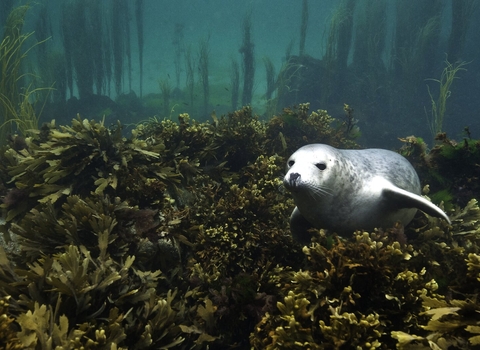We are deeply worried by the trends being reported by climate scientists today and over the past weeks, showing unprecedented changes in global sea surface temperature, Antarctic sea ice, global land surface temperature, and associated heatwaves, flooding and wildfire incidents around the world.
Many of these events are breaking global records. Today’s release by the EU Copernicus Climate Change Service shows global average sea surface temperatures not only breaking the previous highest temperature measured in 2016, but also exhibiting a pattern of increase never previously recorded. Scientists are working hard to understand what is happening, but are not yet able to tell us details about the factors contributing to this shift, beyond having high confidence that climate change is causing the underlying increase in temperature.
It has long been predicted and communicated through the Intergovernmental Panel on Climate Change that unique and threatened ecosystems, such as warm water coral reefs, are at high risk of loss at levels of global warming between 1 and 1.5°C. This is what is now being observed, for example off the coast of Florida, where corals are not only bleaching, but dying very quickly.

